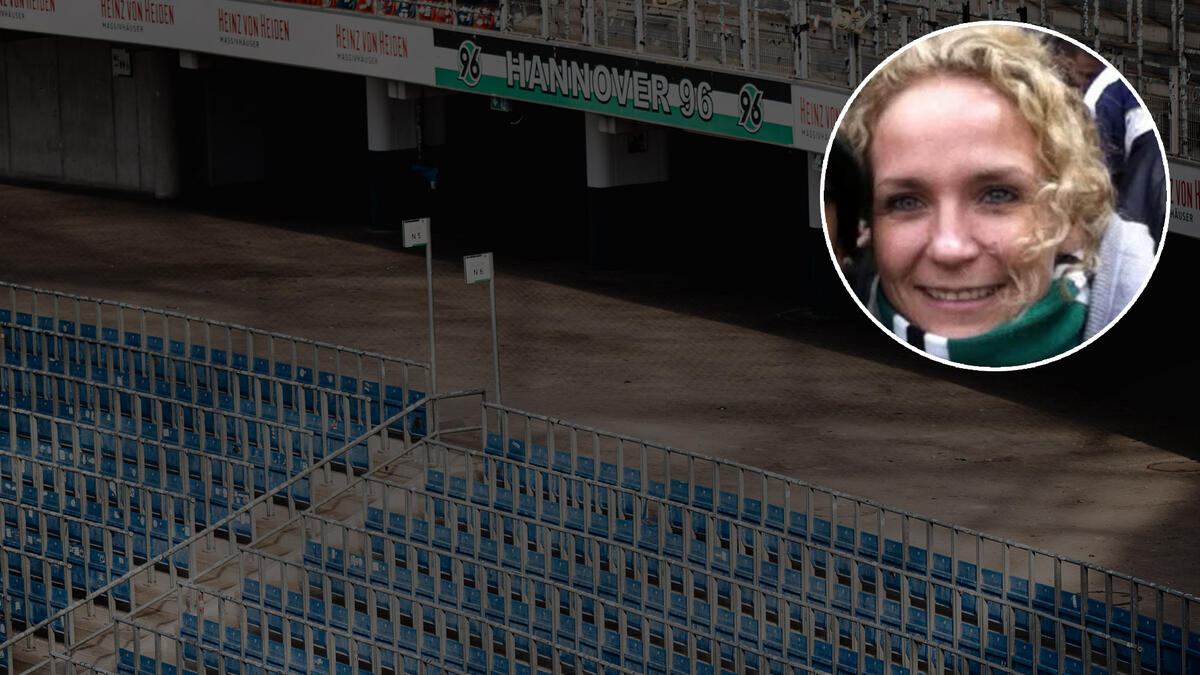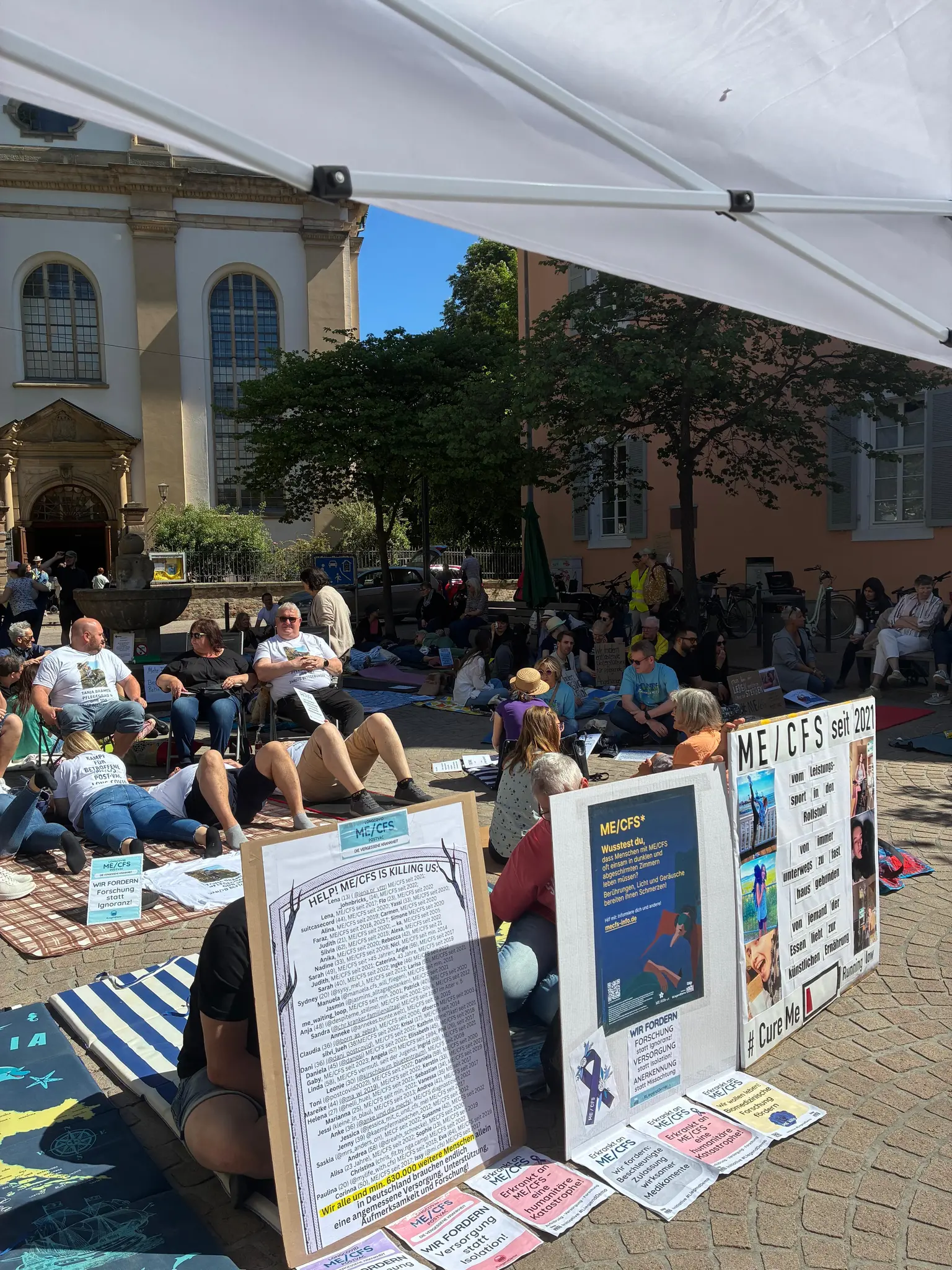Where Are the Medications for Long Covid?
Ongoing Struggles for Long Covid and ME/CFS Patients
Patients suffering from Post Covid—often referred to as Long Covid—continue to face significant hurdles in obtaining appropriate diagnosis and treatment. The symptoms can persist for weeks or even months, ranging from fatigue, brain fog, and breathlessness to depression and anxiety. A particularly severe manifestation is ME/CFS (Myalgic Encephalomyelitis/Chronic Fatigue Syndrome), which has been known even before the pandemic but remains poorly researched.
Diagnosis is complex, and even after recognition, patients often struggle to access effective therapies, especially those that are reimbursed by health insurance. ME/CFS patients are especially underserved, lacking both targeted treatments and adequate care infrastructure.
Limited Therapeutic Progress
In 2023, the German Federal Institute for Drugs and Medical Devices (BfArM) released a "Therapy Compass" listing in-label treatment recommendations for some Long Covid symptoms, such as depression and pain, but not for ME/CFS. Additionally, work began on a list of off-label medications eligible for reimbursement. As of May 2025, five drugs were recommended:
- Agomelatine for fatigue and post-viral ME/CFS
- Ivabradine for POTS (Postural Orthostatic Tachycardia Syndrome)
- Low-dose Naltrexone for fatigue
- Vortioxetine for cognitive impairments
- Metformin for early prevention in high-risk patients
Although finalization of the list is said to be near, neither BfArM nor the Joint Federal Committee (G-BA) has provided a clear timeline. The standard approval process involves multiple consultation rounds and legal reviews, making timing unpredictable.
Expert Calls for Urgent Action
On October 15, a hearing in the Bundestag's Health Committee highlighted the dire situation. Experts like Sebastian Musch from the German ME/CFS Society criticized the lack of awareness, training, and treatment infrastructure, pointing to a systemic neglect of post-viral conditions. Many patients face rejected benefit claims, leading to financial hardship.
Simon Schöning from Long Covid Deutschland estimated that around 1.5 million people in Germany are affected. He called for specialized centers, structured care pathways, and increased research funding.
Dr. Bettina Hohberger emphasized the need for diagnostic biomarkers to replace the current lengthy exclusion process. Prof. Dr. Carmen Scheibenbogen stressed that ME/CFS is a serious chronic illness not treatable through psychotherapy, and that no causal medications exist yet.
Political Support and New Initiatives
Hessen’s Health Minister Diana Stolz urged society not to stigmatize patients and to expand research and support efforts. She pointed to regional initiatives like the Post-Covid Coordination Center in Gießen and the AmRe-LoCO project in the Lahn-Dill district.
The German Ministry of Health has also launched a funding initiative focused on the long-term effects of Covid-19. Meanwhile, the G-BA has introduced a new guideline aiming to improve care for people with Long Covid and ME/CFS.
Despite political attention and some structural steps, the road to effective treatment remains long.

www.berliner-zeitung.de









